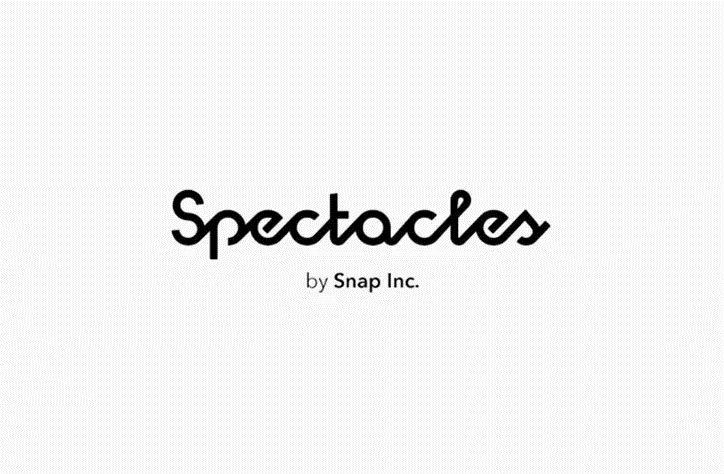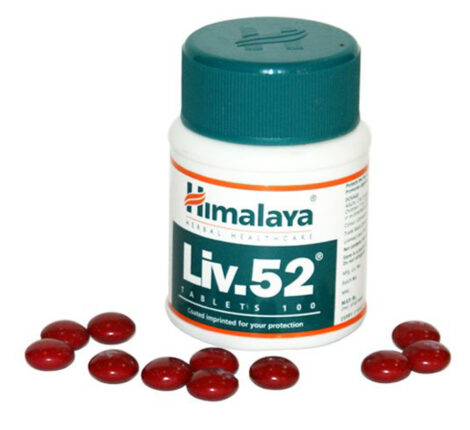Snap Inc. files complaint against USPTO for refusal of Spectacles mark registration
The present case is about Snapchat’s ‘SPECTACLES’ trademark(s), whether they should be trademarked or not?
As per Snap Inc., the proposed mark is a sophisticated digital camera with a battery and related software and hardware that allows users to upload pictures and short videos on Snapchat photo/video-sharing and social networking applications.
Background of the case:
Snap Inc. applied for registration of the trademark of Spectacles with the USPTO under International Class 9. The application was refused because the proposed mark is generic for the identified goods, and TTAB also stated that Spectacles is descriptive for cameras and related software and hardware. The company again appealed to register their product with more evidence. Still, again the USPTO (United States Patent & Trademark Office) rejected the application by saying that the name is too generic and therefore can’t grant the trademark. After the decision of the USPTO, the company moved towards the US District Court in the Central District of California and filed the case against USPTO for not registering the trademark even after presenting with enough evidence.
The contentions of the parties:
Plaintiff:
The plaintiff (Snap Inc.) said to the Court that the USPTO and TTAB had denied its trademark for the Spectacles because the name is too generic, and the public won’t distinguish between their product the regular spectacles. The plaintiff said that even though the term is from the 18th century for corrective eyewear and snap’s high tech 21st century are smart glasses. The younger generations know and refer to Spectacles as a camera product rather than corrective eyewear.
To show that their mark also has a secondary meaning, the company presented various articles such as ‘Business Insider’ article about the plaintiff’s Spectacles, which refer to them as ‘sunglasses’ and ‘smart glasses.’ Further, the plaintiff presented various other reviews such as the “pcmag.com” review ‘cnet.com’ article where they have mentioned the product as ‘specs’ including all these from the last four years to prove that the company has gained enough popularity and meaning in the market to be granted the trademark.
The plaintiff also showed the declaration of Mr. Matthew Stratton, who is Associate General Counsel IP, saying that the plaintiff is a famous company and has substantial media attention. Based on this, the plaintiff says that the mark is unique to the industry and is not a generic mark, and regarding the USPTO claim that the mark is descriptive, the plaintiff says the mark is not descriptive. Still, it creates the double entendre meaning it makes the two meanings of the word SPECTACLES, one being a camera housed in a sunglass and the other one to create and share memories.
Also read: The Trademark Court Fight Between Chanel And Huawei
The Defendants:
The defendant argues that the plaintiff’s mark is generic and descriptively; therefore, the mark can’t be trademarked. Further, they stated that even though the plaintiff says that the spectacles are housed with cameras, their competitors call them ‘smart glass’ instead of ‘Spectacles’. Regarding the popularity of the spectacles, the plaintiff has not provided any sales figure or the amount they have spent on the advertising; also the media is only referring to their product as the spectacles and not the other products. As per the examining authority, the plaintiff’s proposed mark is highly descriptive because the Applicant’s goods are a pair of glasses comprised of frames and lenses that are worn over the user’s eyes, i.e., Spectacles. While considering the plaintiff’s trademark application, they also investigated the dictionary meaning of the word and the result are “glasses”, “eyeglasses,” etc. The plaintiff also says that the product is sunglasses, similar to the dictionary meaning. Considering all this, the USPTO and the TTAB denied the application.
Snap Inc. prayed to the Court to reverse the TTAB decision to refuse their proposed mark and direct the director to pass the applications for publications on Principal Register and award them any other relief as the Court deems and proper.
Also read: Phonographic Performance Limited vs. Canvas Communications
Analysis:
In my opinion, the USPTO and TTAB decision is correct as the word doesn’t give the idea that the device is some smart glass; instead, the name sounds like it’s a regular sunglass. Though the company has media attention, it doesn’t create any solid ground to acquire popularity and the secondary meaning. As a generic name defines the class of goods, the word SPECTACLES also represents the “sunglass” and not the product with computer hardware to record and share the memories. The product comes under the class of “smart glass,” but with the word, it gives the image of some eye-protecting glasses. Suppose a consumer investigates the product’s popularity; the social media accounts of the product don’t have that much following. The company couldn’t sell the product to many people, which shows that the product doesn’t have popularity in the market thought. In that case, they have media attention, but the trademark can’t be granted without showcasing the secondary meaning. Though the company provided the evidence while filing for the trademark application, that evidence was insufficient. The evidence only showcased they have a lot of media attention from the past four years, but if they had shown the amount of money they have spent or how much the sale was there in those last four years, the USPTO would have said that the brand has acquired some distinctiveness. The TTAB followed what the law states in Section 2(f) of the US trademark Act, that the mark will be accepted if it has some distinctiveness.
Also read: Banksy Loses Trademark Battle Over Bad Faith Finding
Comment:
The case is filed in the US court where the Court should see the law that the TTAB applied and pass the decision on that basis, showing how Snap Inc. has failed to provide the necessary documents to show that they have a distinctive mark and not a generic mark. The Court should not revert the decision of the TTAB.
Reference:
https://www.uspto.gov/trademarks/laws/how-claim-acquired-distinctiveness-under-section-2f-0
https://www.bitlaw.com/source/15usc/1052.html
— Harsh Gehlot, student of D.E.S NAVLAMAL FIRODIA LAW COLLEGE, PUNE
Disclaimer: This article is intended to provide general guidance to the subject matter. It does not contain legal advice. For any specific advice/corrections, write to [email protected]
© ZEST IP




